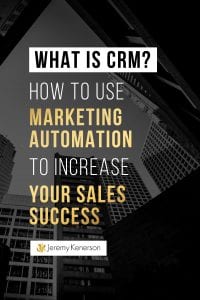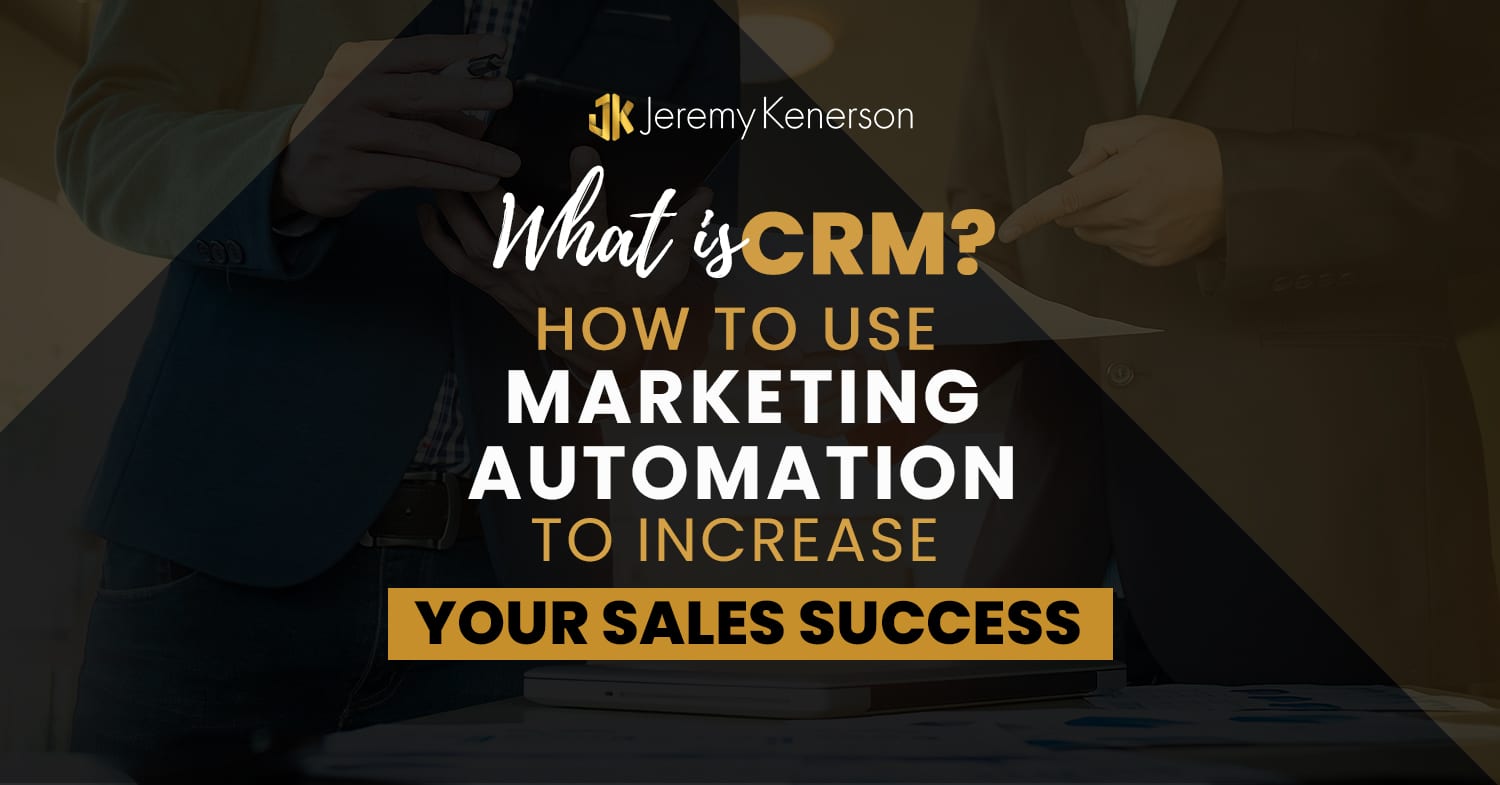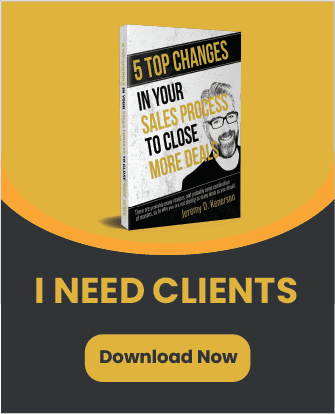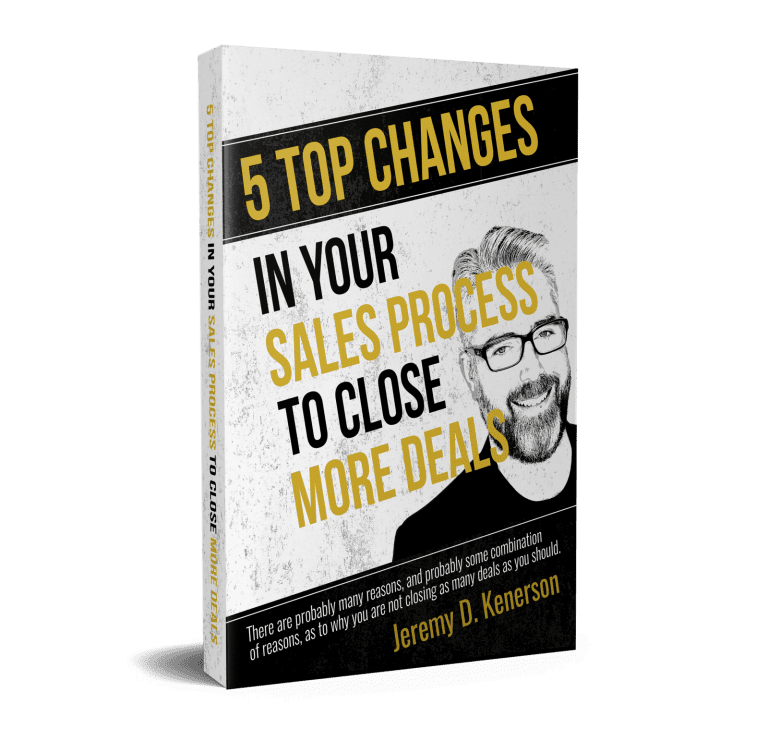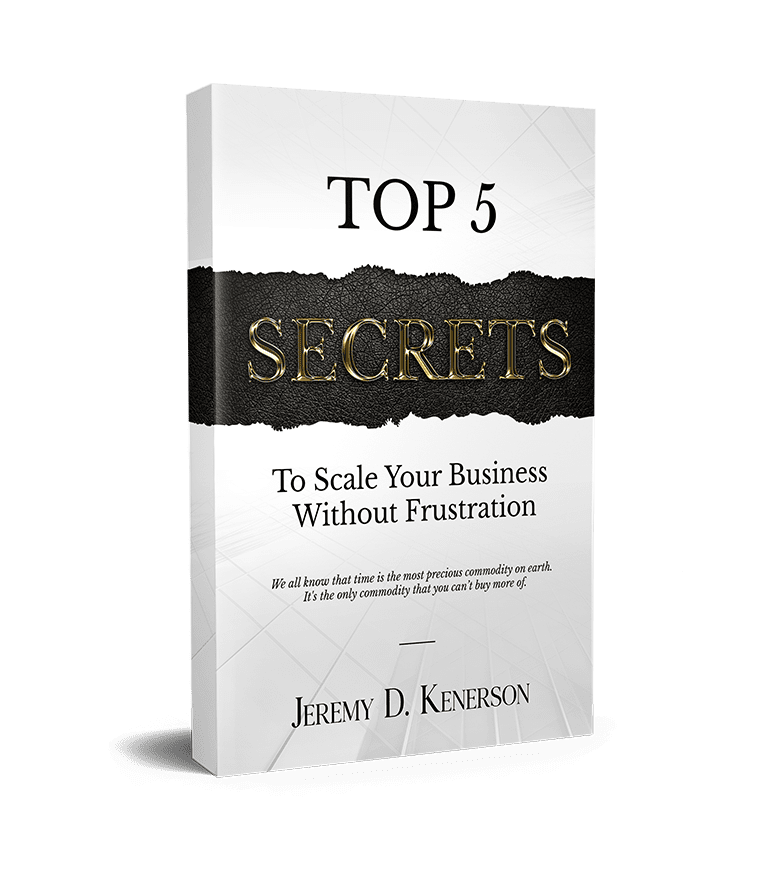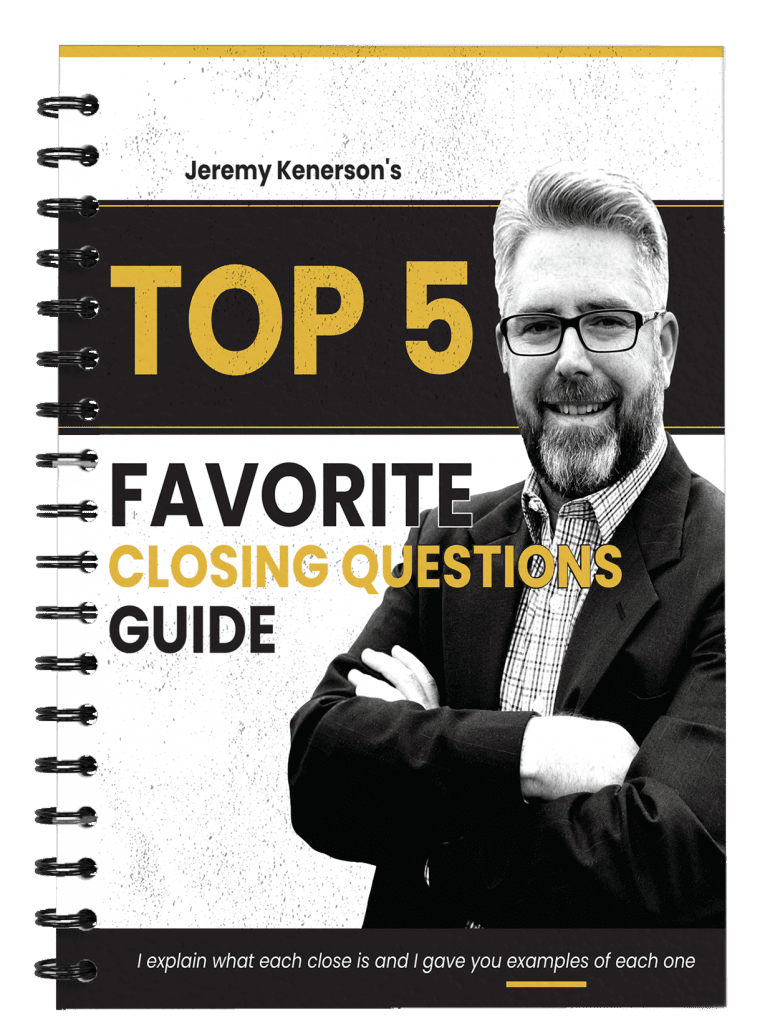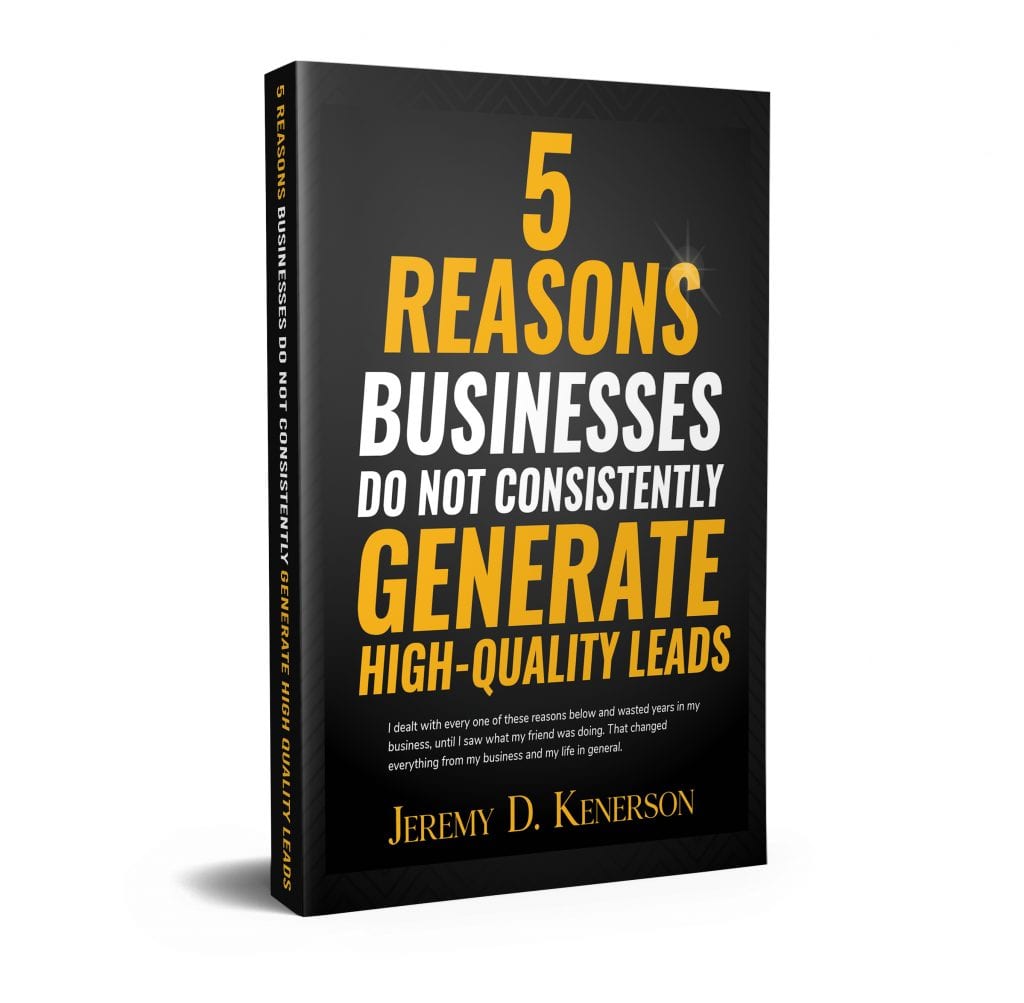Follow up is the key to being a successful entrepreneur. And the most successful entrepreneurs are using a CRM, otherwise known as a customer relationship management system.
They don’t just use the system every once in a while; they use it religiously. And these types of systems are not just for big companies; they can help small businesses thrive.
((Listen to the Podcast below))
What is a CRM?
CRM stands for customer relationship management. It is a system or tool that helps you manage all the interactions with your leads, prospects, and customers.
A system like this will clear up the need for writing all your notes and contact information in a:
- Rolodex
- Address book
- Sticky notes
- Stacks of paper
- Google sheets
When Was a CRM Invented?
A CRM has been around since 1986. A man named Patrick Sullivan invented it. His software was called Act.
Back in the 1980s, my dad used a Rolodex. A Rolodex is where you put your business cards on a little file card that flipped around on a wheel and were listed alphabetically.
When you needed to contact someone, you would flip the Rolodex over to that business card, and there was their contact information to call them.
Well, that was great for then. But then in 1986, when the Rolodex was invented people started adopting a customer relationship management software into their business.
Why Use a Customer Relationship Management System?
How much time each day do you spend wondering:
- What to do today to make a sale?
- Who to reach out to today?
- When to reach out to a new lead?
- Who did I forget to call today?
- When to follow up next?
You have a lot on your plate as a business owner besides following up. There are other important business tasks like:
- Lead generation
- Customer service
- Payroll
- Accounting
- Marketing
So when you have a lot of stuff to remember to do, there’s a limited amount of focus, which means many things usually fall to the wayside.
This is why many people who work for small business owners think they don’t have their crap together. Well, we’re running a hundred miles an hour. We got 100 different things going on.
So what can we do to work smarter and not harder? Implement systems
that take that out of our brains, so we don’t have to think about it anymore.
This is exactly what a CRM does for your business.
What Can You Do With a CRM?
You can use a CRM to store all the information you would need to know about a lead, prospect, and customer.
What to Store In a CRM?
- Name
- Phone number
- Birthday
- Date of last contact
- Notes on previous conversations
- When to follow up next
- Spouse information
- Products or services they have shown interest
All of this stored information gives us a salesperson sales intelligence. You can’t remember absolutely everything about everybody.
So, putting it in a CRM allows you to pull up their record before getting on the phone with them. And you can see all their information and your past conversations.
So when it comes up, you could say, “How’s Spike doing after the surgery?” Because in the notes, it is written that the dog was getting surgery.
And this kind of sales intelligence creates that trust and bond between you and that person.
What is Marketing Automation?
Years later, emailing tools and software were created. You have probably heard some of the providers such as:
- MailChimp
- Constant Contact
- Active Campaign
- SendinBlue
- Convert Ninja
These are called marketing automation software. Not only do you still have the same functionality of being able to put in information, but you also have the email function.
How Does Marketing Automation Work?
You create a form on your website to give away a free ebook or checklist. On this form, you collect information such as:
- First name
- Email address
- Phone number
You would connect this form to your email marketing campaign. When the lead fills out the form and hits submit, they will get an automatic email sent to their inbox with a link to the free checklist or ebook to download.
The goal here is to have a series of emails set up to follow up with that lead. You will build that know, like, trust with them as they get to know your business.
Best Way to Use Your CRM with Marketing Automation
Here’s the beautiful thing about having a system like this. You can set up your CRM to provide you a list of who to contact each day.
I talked about Next Step Selling in Are You Doing Income Producing Activities Daily in Your Business blog. You should always be providing your prospect the date of your next contact. When you do this, put that in your CRM too.
We want to get up in the morning and have a list of people to follow up with on that date. That way, we don’t have to think about who to call today. We don’t need to think about anything.
That removes the thinking aspect of it. That’s a huge part that you can alleviate right there by merely utilizing tasks inside of the CRM.
CRM With Marketing Software
Now inside of a marketing automation software, you can get a little bit more dynamic. You can set up tasks to automatically come up. This way, if you forget to set the task reminder yourself, a task will pop up anyway.
For example, you want to reach out to this person every day for the first week, every other day for the next two, weeks and then once a month for the next six months,
You could set that up automatically, so you don’t have to think about it. These tasks are going to come up and tell you when you should
follow up with somebody to maximize the number of people you
follow up with and maximize the number of times you follow up with that person, but also catch them at the right time when they’re ready to make a purchasing decision.
CRM and Customer Service
You can also set up automation in your customer service. What you do is create a customer campaign of tasks. This can include:
- Checking to see if they have used the product or service
- Ask for testimonials
- Getting a review on the product or service
- Sharing complementary products or services
- Ask for referrals
What About the People that Say No
So what do you do with the people you had a sales conversation with, and they say they don’t want to purchase right now? Remember, 80% of people that show interest will make a purchasing decision over the first year.
Sometimes it takes people months to make a purchase. But you shouldn’t wait until they contact you. You want them to think about you when they are ready to buy.
And if you aren’t following up with that person regularly, they will purchase from someone else, that is. Create a long term nurture campaign.
Touch base with them at least every month with valuable information. This does not mean sales pitch after sales pitch.
Are You Using a CRM and Marketing Automation System?
Using Marketing Automation Software in tandem with a CRM really takes you to the next level of powerful automation to support your business growth.
Are you using one or both in your business? Let us know in the comments below.
Need help upping your sales strategy? Check out these resources:
Additional resources to help you with sales:
- How to Become a High Ticket Closer
- How to Increase Sales
- Close the Sale with this 4-Step Sales Process
- Overcoming Objections
- How to Have a Positive Mindset in Sales When Life Sucks
Watch the Youtube video where I go into greater detail with examples:
